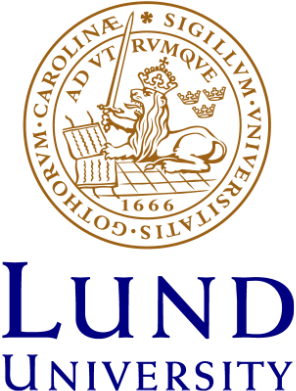Engelska: Flerspråkighet och kognition
Kursen bygger på aktivt deltagande, diskussion och reflektion. Undervisningen består av sju schemalagda undervisningspass bestående av bland annat föreläsningsmoment och gruppdiskussioner. Kursen examineras genom en aktivitetsportfolio (bestående av fem korta skriftliga uppgifter, vilka utförs enligt lärarens anvisningar), en skriftlig uppsats om ca 1400 ord, samt en muntlig presentThe course is based on active participation, discussion, and reflection. The teaching consists of seven scheduled sessions comprising, among other things, lecture components and group discussions. The course is examined through an activity portfolio (comprising five short written assignments to be submitted according to the instructor's instructions), a written essay of c. 1,400 words, a
